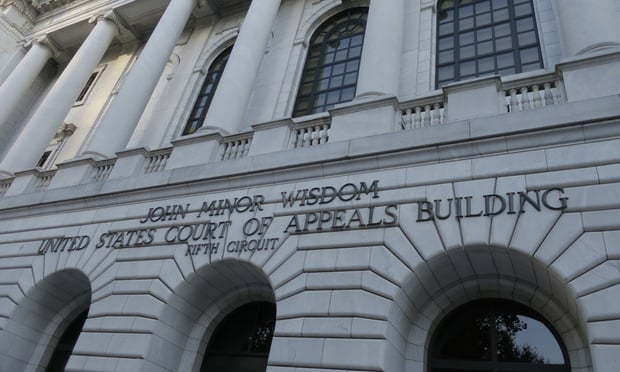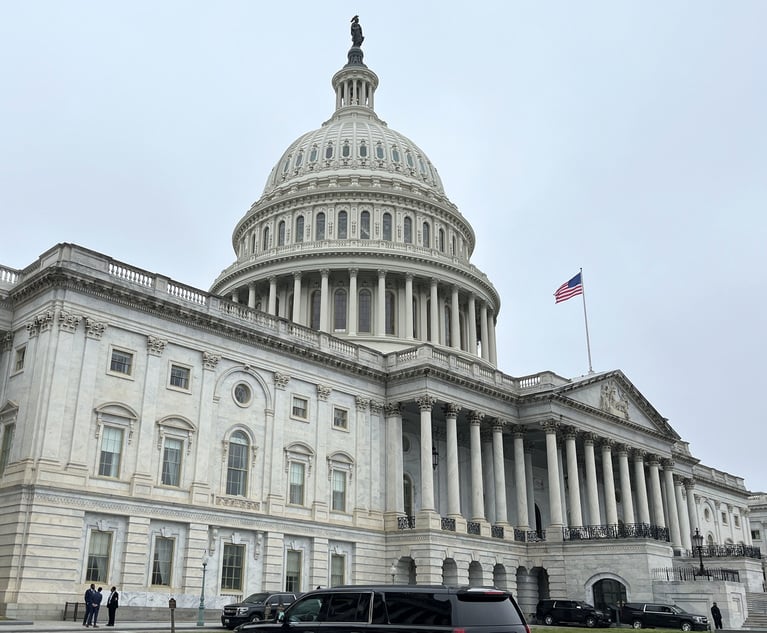While Walden University has reached a proposed $28.5 million settlement with a class of Black and female students allegedly targeted with a predatory program, attorneys representing the plaintiffs said it may be one of the first times the reverse-redlining theory has been successfully used in conjunction with the education industry.
It’s one of the first times a theory of reverse redlining, an illegal and discriminatory practice of targeting a particular neighborhood or group for credit on unfair terms, has been put to the test in the educational sector, Lila Miller of Relman Colfax told Law.com. Typically, reverse redlining is often seen in connection with home mortgages or with car loans.










